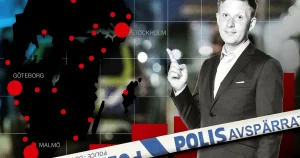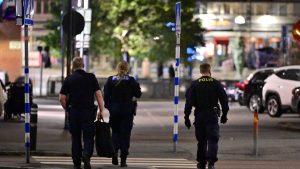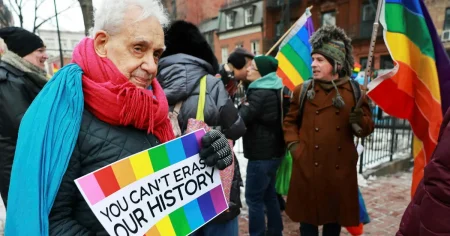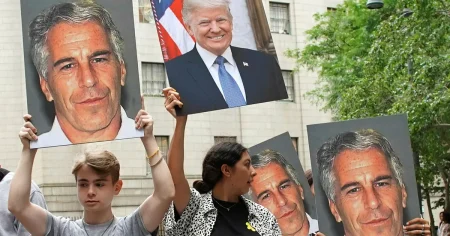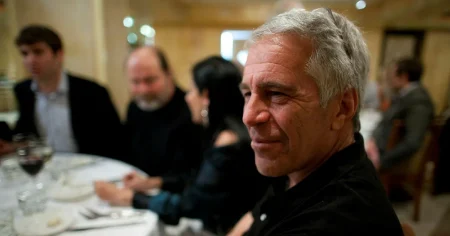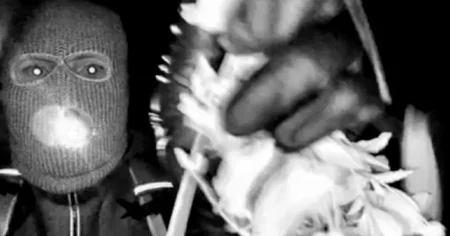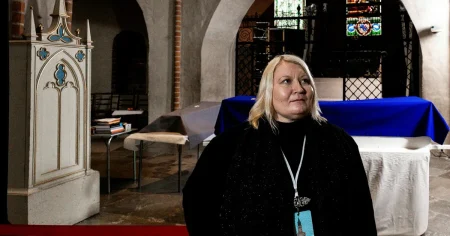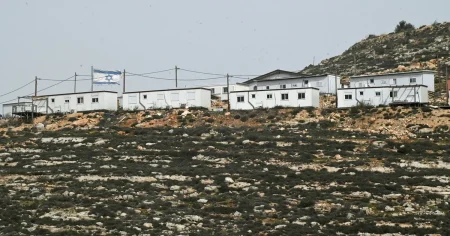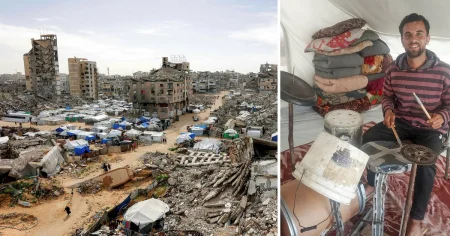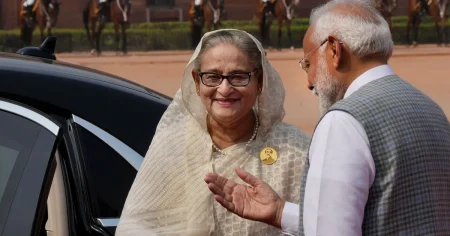Zeina Hajjar, a 37-year-old English teacher in Homs, Syria, chose to remain in her city after the fall of Bashar al-Assad’s regime, a decision that diverged from many of her Christian relatives who opted to leave. Unlike those who viewed the Assad regime as a protector of minorities, Zeina felt the oppression of the regime regardless of religious affiliation. Her family, too, suffered under Assad’s rule. They were displaced from their home in the Hamidiyeh neighborhood in 2014, and her sister’s husband was tragically killed by a regime sniper. The bombing of churches further solidified her belief that the regime’s violence was indiscriminate and targeted all Syrians. Consequently, she felt no fear of the new authorities and even saw the regime change as a liberation. She now looks forward to celebrating Christmas in a Syria free from Assad’s control.
For Zeina, the confluence of Christmas and the newfound freedom in Syria holds deep significance. It represents a turning point, a chance to heal and rebuild after years of conflict. The Assad regime had long propagated the narrative of being a protector of minorities, including Christians, suggesting that sectarian tensions would erupt without their rule. This narrative, Zeina asserts, is false. She emphasizes the historically peaceful coexistence between Muslims and Christians in Syria. She recounts instances of interfaith harmony, such as Muslims participating in Christmas celebrations and expressing support for a secular government. She cites the example of Fares al-Khoury, a revered former Christian prime minister, as evidence of Syria’s capacity for cross-religious leadership. This harmonious narrative stands in stark contrast to the regime’s divisive rhetoric.
Despite the regime’s claims, there were indeed isolated incidents of religious intolerance following Assad’s fall. An attack on a Christian place of worship in Hamah, where armed men attempted to destroy a cross, caused concern. However, Zeina points out that the swift condemnation of this act by both religious and civilian leaders, including imams, demonstrates a collective commitment to interfaith peace and a rejection of such acts of vandalism. She believes this incident, while regrettable, doesn’t represent the broader sentiment of the Syrian people. Instead, she focuses on the positive signs she witnesses around her, like the public celebrations of Christmas and the shared joy among both Muslims and Christians.
Zeina’s Christmas preparations are now infused with a sense of hope and renewal. She eagerly anticipates the traditional festivities: buying chocolates, preparing Syrian pastries like maamoul and barazek, and watching the children’s excitement for Baba Noel (Santa Claus). While the adults in her family don’t typically exchange gifts, the joy of the children receiving presents remains a cherished tradition. Despite earlier rumors of potential restrictions on religious practices and dress codes under the new regime, Zeina expresses trust in the new administration. She hasn’t experienced any such limitations. In fact, she and her sisters witnessed the lighting of the Christmas tree in Hamidiyeh, a public demonstration of Christian celebration that was met with enthusiasm and participation from both Muslims and Christians alike.
The Christmas celebration in Hamidiyeh was particularly poignant for Zeina. She was overcome with emotion as Christmas carols filled the air and Muslims joined in the festivities, capturing the scene with their phones. The playing of a song by Abdel Baset Sarout, a renowned football goalkeeper and rebel icon from Homs who died in 2019, further amplified the sense of liberation and national unity. Sarout’s anthem, ”Hold your head high, you’re a free Syrian,” resonated deeply with Zeina, encapsulating the collective spirit of a nation emerging from years of oppression. This shared experience of celebration and patriotic pride transcended religious differences, solidifying Zeina’s belief in a unified, secular Syria.
As Christmas approaches, Zeina plans to spend the holiday with her mother, visiting relatives and enjoying the festivities. While she acknowledges a lingering fear of potential attacks from remnants of the former regime, she chooses to focus on hope. The improved security situation, increased availability of goods, and decreasing prices in the weeks following Assad’s fall bolster her optimism for the future. She believes this Christmas marks a new beginning for Syria, a celebration not only of religious faith but also of newfound freedom and the promise of a brighter future for all Syrians, regardless of their religious background. This Christmas, for Zeina, is a symbol of hope, resilience, and the enduring spirit of her nation.


